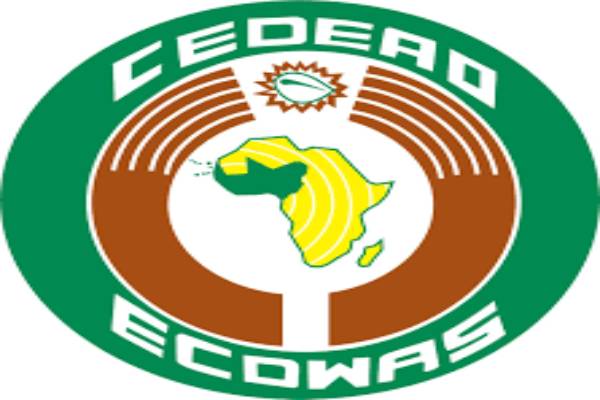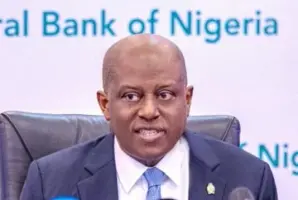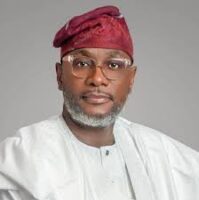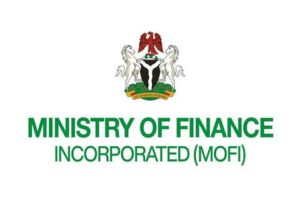Nigeria is calling for the urgent unification of capital markets across West Africa as a key step toward mobilising the vast funding needed to address the region’s major development challenges.
Speaking in Abuja at a high-level meeting on the validation of the West Africa Securities Regulators Association (WASRA) Charter, the Director General of Nigeria’s Securities and Exchange Commission (SEC), Dr. Emomotimi Agama, stressed that an integrated capital market is critical to unlocking large-scale investment for infrastructure, climate resilience, digital growth, and job creation.
Agama, who also chairs WASRA, described the initiative as a pivotal moment in West Africa’s financial evolution. He warned that every year lost to delay is a missed opportunity to raise capital for transformative projects.
“To meet the scale of our development challenges, we need capital at scale. And no single national market, no matter how well-developed, can deliver that alone. A unified regional market is not optional — it is essential,” Agama said.
Citing Africa’s estimated $100 billion annual infrastructure financing gap, Agama noted that West Africa alone requires tens of billions of dollars to upgrade transportation networks, improve energy infrastructure, and support digital transformation.
Without a harmonised capital market that broadens access and pools liquidity, he warned, countries will remain constrained by limited fiscal space and costly borrowing.
“If we fail to integrate, our governments and private sectors will continue to rely on expensive debt and underfunded development plans. This path is unsustainable,” he added.
Agama pointed to the success of the European Union and the Association of Southeast Asian Nations (ASEAN) as evidence that integrated markets can attract long-term capital, build investor confidence, and drive economic resilience. He said West Africa, with a population exceeding 400 million and a combined GDP of over $800 billion, has the potential to replicate and even surpass those achievements — if bold action is taken.
“Potential means nothing without decisive implementation,” he said.
Agama highlighted how regional market integration could benefit sectors beyond infrastructure. In agriculture, it would enable funding for value chains, agro-processing, and food security. In technology, regional capital could back innovation hubs, fintech growth, and broadband expansion — key to positioning West Africa for success in the fourth industrial revolution.
He stressed that harmonised regulations and cross-border capital flows could drive progress in youth employment and skills development, which remain pressing priorities across the sub-region.
Read Also
Agama outlined WASRA’s core mission: to provide a unified regulatory framework for cross-border securities trading, protect investors, and foster confidence in the region’s capital markets.
“Market confidence hinges on effective oversight. WASRA is committed to creating shared standards, promoting regulatory cooperation, and driving real, measurable results,” he said.
READ ALSO: ECOWAS Introduces ECO Currency By 2027 As Sahel Bloc Launches Gold-Backed Rival
He called for strong political support, particularly from finance ministers and economic leaders across ECOWAS, to move from rhetoric to action.
“The political will of our leaders is the single most critical factor to turn this vision into reality,” he declared.
WASRA is working in collaboration with ECOWAS, the West African Capital Markets Integration Council (WACMIC), and the West African Monetary Institute (WAMI) to provide the technical leadership needed for full market integration.
Also speaking at the event, Nigeria’s Minister of Finance and Coordinating Minister of the Economy, Mr. Wale Edun — represented by Principal Economist Mr. Hassan Adamu Jibrin — said the meeting marked a key milestone in ECOWAS’s drive toward a unified regulatory framework. He described the validation of the WASRA Charter as a foundational step toward cross-border investment, financial stability, and deeper economic cooperation.
From the ECOWAS Commission, Acting Director for Private Sector, Mr. Peter Oluonye, noted that aligning regulatory standards is crucial for the success of the region’s capital markets.
“Our economies rely heavily on foreign capital and investment to fund development goals. A harmonised capital market will help us reduce this dependency and mobilise local and regional resources more effectively,” he said.
Oluonye underscored the importance of removing barriers to capital movement by standardising regulations, linking trading platforms, harmonising accounting rules, and establishing transparent governance frameworks across all ECOWAS member states.
“The integration of our markets is not just desirable — it is imperative. The time to act is now,” he concluded.





